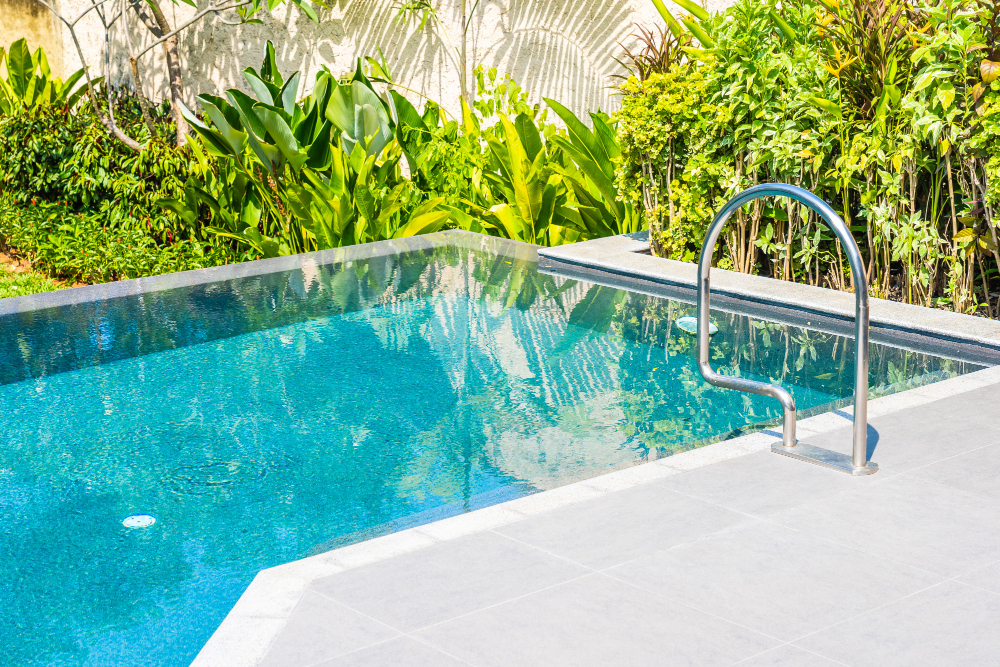
A well-maintained pool is the ultimate relaxation spot for homeowners. However, owning a pool requires regular upkeep and maintenance to ensure that it remains safe, clean, and functional. Concrete pools, in particular, are a great investment for any homeowner, but they require regular attention to keep them in top shape. This guide provides tips on how to maintain your concrete pool and keep it in pristine condition throughout the year.
1. Keep the water balanced
Maintaining the water chemistry in your concrete pool is crucial to prevent algae growth, scaling, and corrosion of the pool surface. The pH level should be balanced between 7.2 and 7.8, while the total alkalinity should be between 80 and 120 ppm. The calcium hardness level should be between 200 and 400 ppm, and chlorine levels should be maintained at 1-3 ppm. It's essential to test the water frequently, especially during the swim season, to keep it balanced consistently.
2. Clean and brush your pool regularly
Cleaning and brushing your pool regularly is essential to keep it free of dirt, debris, and bacteria. Brushes made of nylon or stainless steel are the best options to remove dirt and algae from the walls and floors. Any leaves or debris floating on the surface should be removed with a scoop or a net. The skimmer basket should also be emptied regularly, and the pool walls should be vacuumed to keep the pool free of dirt particles.
3. Check and maintain the pool pump and filters
The pool pump is the heart of the pool's circulation system, and as such, it needs regular maintenance to keep it working correctly. The pump and filter should be checked regularly for any signs of wear and tear, and the pool filter should be cleaned at least once a week. The skimmer basket should also be checked and emptied regularly to prevent the pump from clogging and losing efficiency.
4. Conduct regular inspections for cracks and damage
Concrete pools are durable, but over time, they might develop structural damage, such as cracks, leaks, or chipping. It's essential to conduct regular inspections of the pool surface, walls, and foundation to identify any cracks or damage and repair them promptly to prevent them from getting worse. Failure to fix cracks promptly may result in significant and costly repairs, or worse, replacing the entire pool.
5. Hire a professional pool maintenance company
Maintaining a pool can be challenging and time-consuming, especially if you have a busy schedule. The good news is that you can hire a professional pool maintenance company to do the job for you. Pool maintenance companies have the expertise and experience to keep your pool in top condition throughout the year. They can also provide additional services like pool repair in St Augustine, FL, if needed.
Conclusion
A concrete pool can provide your family with years of fun and relaxation, but it requires ongoing attention and maintenance to stay functional and safe. By following these tips and conducting regular maintenance, you can keep your pool in pristine condition and prolong your investment in your backyard oasis. If you need help with pool repair in St Augustine, FL, get in touch with All Phase Pool Remodeling for professional services today.